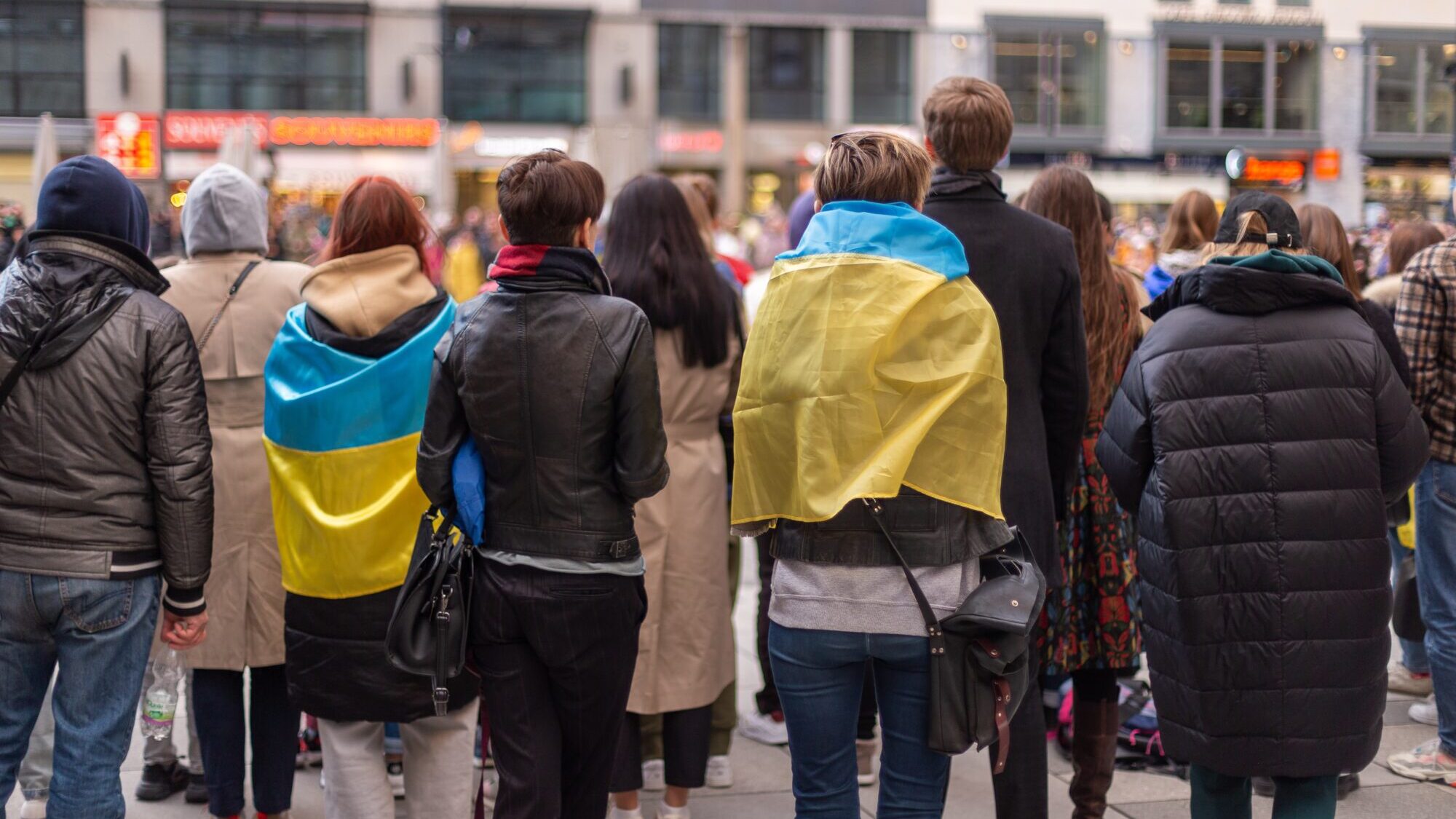
Photo: Tetiana Shyshkina
Spain’s slow and complicated bureaucracy has left thousands of Ukrainians in the country waiting for promised cash help from the government, the AP reports.
Spain’s central government pledged last June to provide the most vulnerable Ukrainian refugees with €400 a month in cash help, plus an additional €100 a month for each child for the families that qualified for assistance.
The money comes from a €52.8 million fund designated by the central government and filtered to the regional governments to handle the payouts. There are 168,000 Ukrainian refugees in the country registered with the Ministry of the Interior under temporary protection. According to the AP, the government expected 40,000 applications.
The AP confirmed on March 3rd that the payments have yet to be disbursed in the regional communities of Valencia, Catalonia, and Madrid. Together, the three regions are hosting more than two-thirds of the Ukrainian refugees in Spain. Spanish media have also reported that five additional regions have yet to make any of the promised payments.
The central and regional administrations are blaming each other for the delays.
AP reports that the Inclusion Ministry, which is overseeing the program, said it gave the funds to Spain’s regional governments in October.
Madrid opened the application period for assistance in late November, and Valencia and Catalonia in December. The Catalan region’s government told the AP that it had received more than 6,000 applications so far but had not processed them all yet.
In speaking with the AP, regional government officials in Catalonia and Madrid blamed the delays on the central government and the complexity of the documentation required.
The Inclusion Ministry responded that it had met its responsibility and the money was now in the hands of the regional governments for dispersal.
The Madrid and Catalonia governments have promised to get the money to Ukrainians “as soon as possible,” the AP reports, and Valencia’s regional president Ximo Puig promised that funds would be distributed this month.
“Ukrainians are looking for homes to rent now, and it’s difficult for families to find a place and pay for it,” Yuri Chopyk, who leads a Ukrainian community group in Madrid, told the AP. “There are good intentions, but at times there have been problems [with] implementation.”
Ukrainians who came to Spain through personal contacts and community groups have not received any financial assistance from the government at all, as settlement assistance from the central government is facilitated by NGOs.
Help for these refugees has come in the form of old-fashioned charity, individuals offering their resources to ensure the refugees have housing and food, as well as accompanying them through administrative processes and helping them find jobs and learn the local language.
Julian Leon organised one such ad hoc community group in the area of Astorga, the small town in northwest Spain where he lives. They hold regular fundraisers, mostly concerts by local musicians, to support the several refugee families that landed in the area shortly after the Russian invasion started.
He told The European Conservative that none of the families they have helped, some of whom have since returned to Ukraine, have received government financial assistance, nor does he expect that they will.
